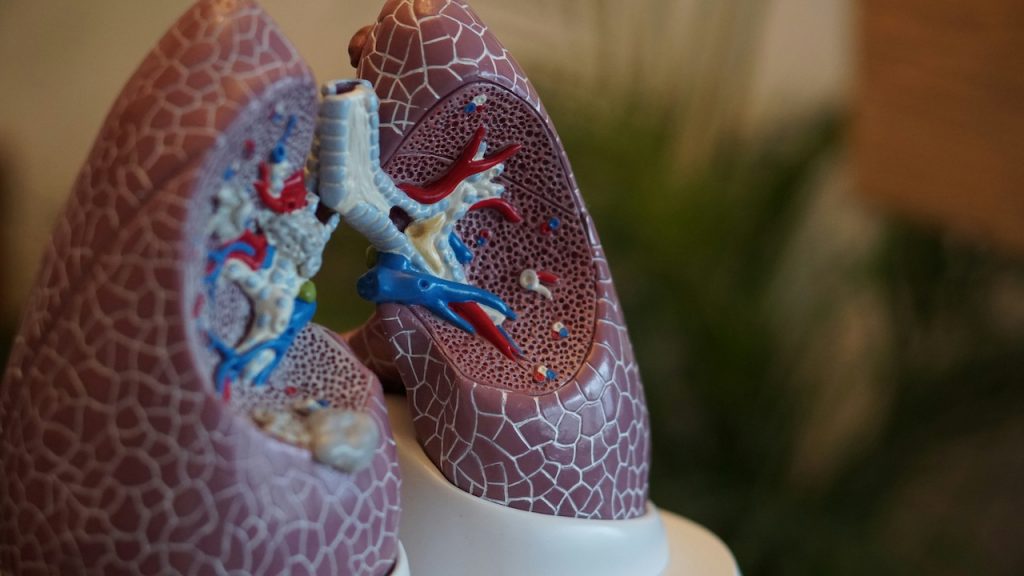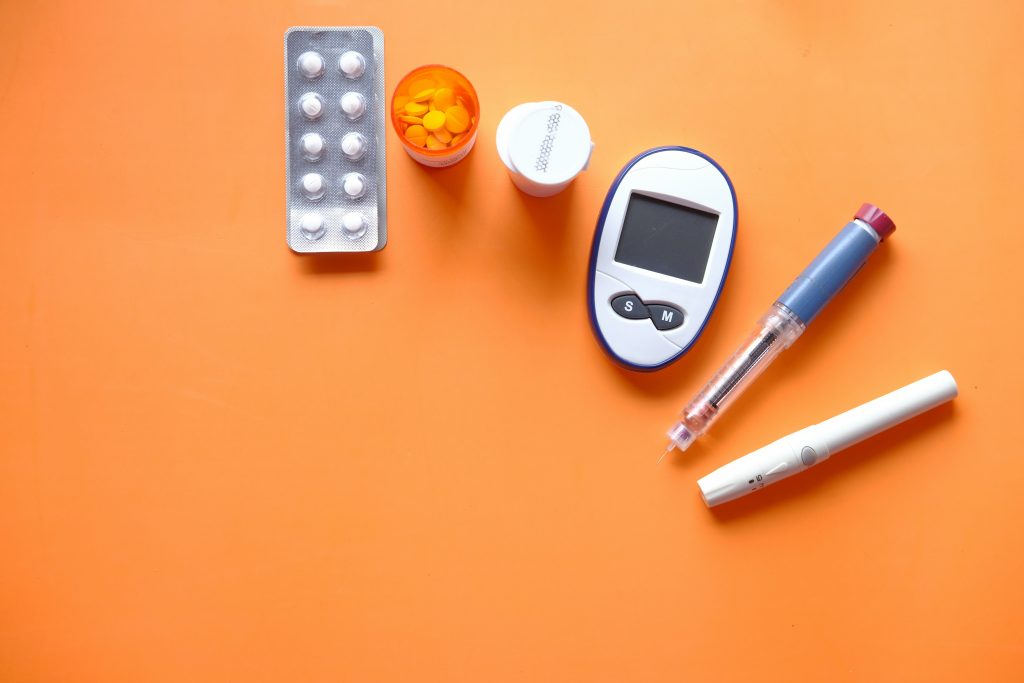Oral bacteria can be inhaled into the lungs, causing respiratory infections like pneumonia. Regular teeth cleanings lower the number of harmful bacteria, reducing this risk. This is crucial for older adults and those with weakened immune systems.
Link Between Oral and Respiratory Health
Poor oral hygiene leads to bacteria growth. These bacteria can be aspirated into the lungs, causing infections like pneumonia and bronchitis. Regular cleanings help prevent this. A study published in the Journal of Periodontology found that individuals with periodontal disease have a higher risk of respiratory infections due to the aspiration of oral pathogens. Source: Oral Health and Respiratory Disease
Benefits of Regular Cleanings
Professional cleanings remove plaque and tartar. They keep harmful bacteria at bay, preventing respiratory infections. Cleanings also allow dentists to catch oral health issues early. A comprehensive cleaning includes scaling, polishing, and fluoride treatments, which all contribute to better oral hygiene. Regular cleanings also help maintain gum health, reducing inflammation that can lead to systemic issues. Source: Importance of Dental Cleanings
How Cleanings Prevent Infections
Cleanings reach areas that brushing and flossing miss. This thorough cleaning reduces the chance of bacteria causing lung infections. Regular dental visits are crucial for those at higher risk. By removing bacteria and plaque from hard-to-reach areas, professional cleanings reduce the overall bacterial load in the mouth. This decreases the likelihood of bacteria being aspirated into the respiratory system. Source: Preventing Infections
Tips to Reduce Infection Risk
Good oral hygiene at home is key. Brush twice a day, floss daily, and use mouthwash. Avoid smoking and eat a healthy diet to maintain oral health and lower infection risk. Incorporating an antiseptic mouthwash into your routine can help reduce bacteria in the mouth. Staying hydrated also promotes saliva production, which naturally cleanses the mouth and reduces bacteria buildup.
The Role of Dentists in Preventing Respiratory Infections
Dentists play a vital role in preventing respiratory infections by maintaining oral health. They provide professional cleanings, offer personalized advice on oral hygiene, and monitor for signs of gum disease or other issues that could increase infection risk. Dentists can also recommend specific products or treatments tailored to each patient’s needs, ensuring optimal oral and overall health.
Regular teeth cleaning is essential for reducing respiratory infection risk. For personalized advice and cleanings, visit Dr. Hank Barreto’s website to schedule an appointment.


